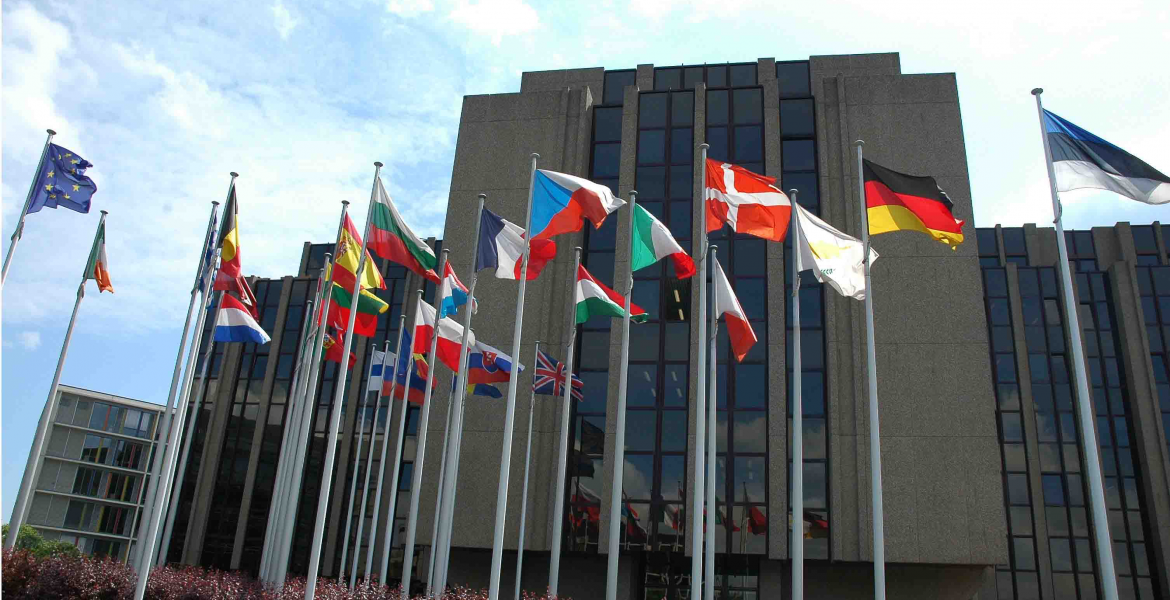The European Court of Auditors (ECA) has revised its 2020 work programme today to shift the focus of its work towards COVID-19-related aspects: it has adjusted the scope, approach and timing of a number of ongoing tasks and, in addition, decided to discontinue some tasks initially planned to start in 2020.
The EU’s external auditor has also added two new reviews to the programme: one on the EU’s contribution to the public health and another on its economic policy response to the coronavirus pandemic.
The aim of both reviews is to contribute to public discussion on how the EU and its Member States have dealt with the effects of the pandemic. In addition, they will contribute to the lessons-learned exercise and the debate on the role of the EU and its bodies during this and future crises.
The COVID-19 pandemic has resulted in unprecedented challenges for the EU and its Member States, and across a broad range of policy areas. The ECA has revised its programme to ensure that its work in 2020 responds to these challenges as far as possible and in a flexible manner. Where appropriate, the auditors have re-scoped their ongoing tasks and adjusted the approach and timeline to take account of changed and changing circumstances. They have also decided to discontinue four tasks and add two reviews with a specific focus on the COVID-19 crisis.

“The European Commission and other EU and national bodies responsible for implementing EU policies and programmes are still operating in crisis mode. We understand their current constraints in dealing with audits and our auditors will take every care not to overburden them and compromise their pressing work in responding to the crisis,” said ECA President Klaus-Heiner Lehne. “With this COVID-19 revision of our work programme, we want to ensure that our audits and reviews will contribute to public discussion on how well the EU and its Member States have dealt with the effects of the pandemic.”
The two new reviews will provide an independent, objective and impartial review of the EU’s actions and role in tackling the crisis in two key areas:
- The public health response to COVID-19, with its grave economic and social consequences, is the stated priority of EU policymakers and public administrations throughout Europe. The EU’s response is already under the spotlight, with tensions between EU legal responsibilities and public expectations, as well as the certainty of intense political discussions at the highest level. The main purpose of this review will be to look at the actions taken and resources used by the Commission and EU agencies to protect the public’s health in response to the pandemic.
- The review of the economic response will focus on measures and challenges in the context of EU economic coordination, providing a comprehensive stocktake of the EU’s and Member States’ economic policy actions to combat the pandemic. It will reflect their costs and governance arrangements, as well as mapping the risks and opportunities for the future of EU fiscal and economic coordination stemming from the decisions that the Member States and EU authorities have taken and will have to take in the near future.
Each of these reviews will give a descriptive overview of the facts in the respective area and an informative assessment of significant financial management, governance, transparency and accountability issues. They will mainly draw on publicly available documentation and help to identify specific issues requiring further, more detailed audit work, and will serve as preparation for such audits.




